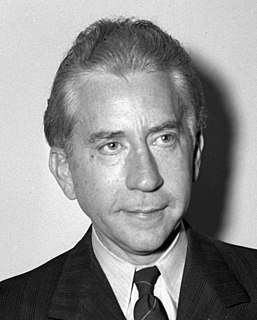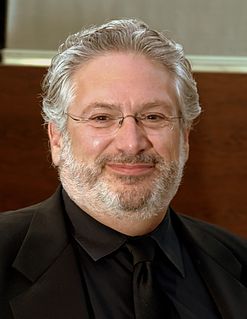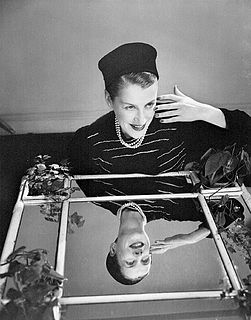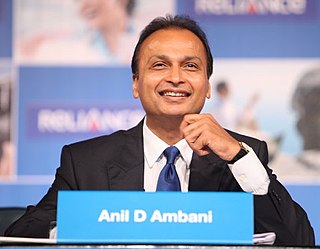A Quote by J. Paul Getty
A marriage contract to me is as binding as any in business, and I have always believed in sticking to an agreement.
Related Quotes
State sanctioned marriage is a civil contract period. A contract is not a judgment of moral value. It is a legal agreement between two parties that testifies to a meeting of minds between those consenting entities. It is not a religious act or rite and so has nothing to do with Adam and Eve or Steve or even Harvey.
State-sanctioned marriage is a civil contract, period. A contract is not a judgment of moral value. It is a legal agreement between two parties that testifies to a meeting of minds between those consenting entities. It is not a religious act or rite and so has nothing to do with Adam and Eve or Steve or even Harvey.
In regard to the so-called social contract, I have often had occasion to protest that I haven't even seen the contract, much less been asked to consent to it. A valid contract requires voluntary offer, acceptance, and consideration. I've never received an offer from my rulers, so I certainly have not accepted one; and rather than consideration, I have received nothing but contempt from the rulers, who, notwithstanding the absence of any agreement, have indubitably threatened me with grave harm in the event that I fail to comply with their edicts.
My personal feelings on marriage? Samuel Johnson once said that second marriages - although I could probably say this about any marriage - are about the triumph of hope over experience. I think that's true. I don't know that human beings were meant to mate for life or be monogamous. But, for me, the aspect of marriage that is troubling is that it's a contract that is governed by the state, and I don't want the state to have control over my personal affairs.
There's no "agreement." The president Donald Trump and the chief of staff called me from Air Force One today to discuss what was discussed - and it was a discussion, not an agreement or negotiation. We need border security and enforcement as part of any agreement. I think that's something the Democrats are beginning to understand.


































